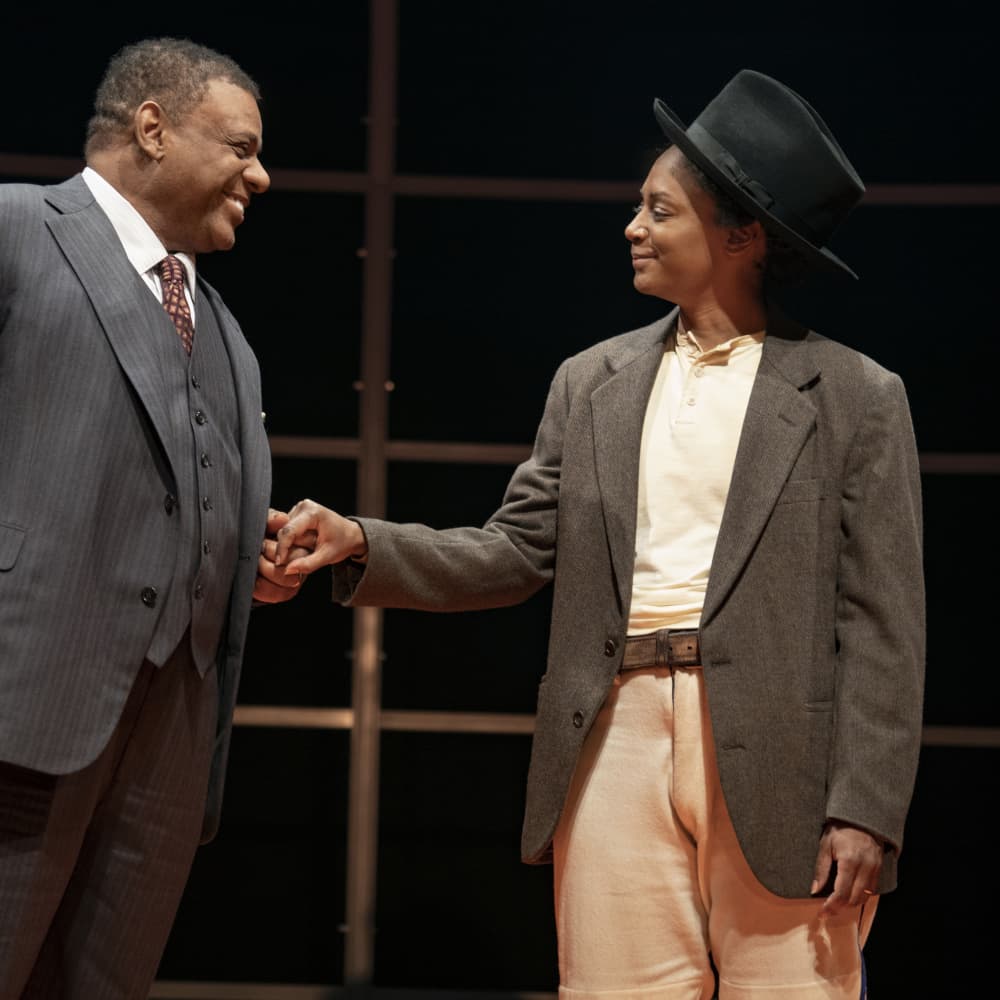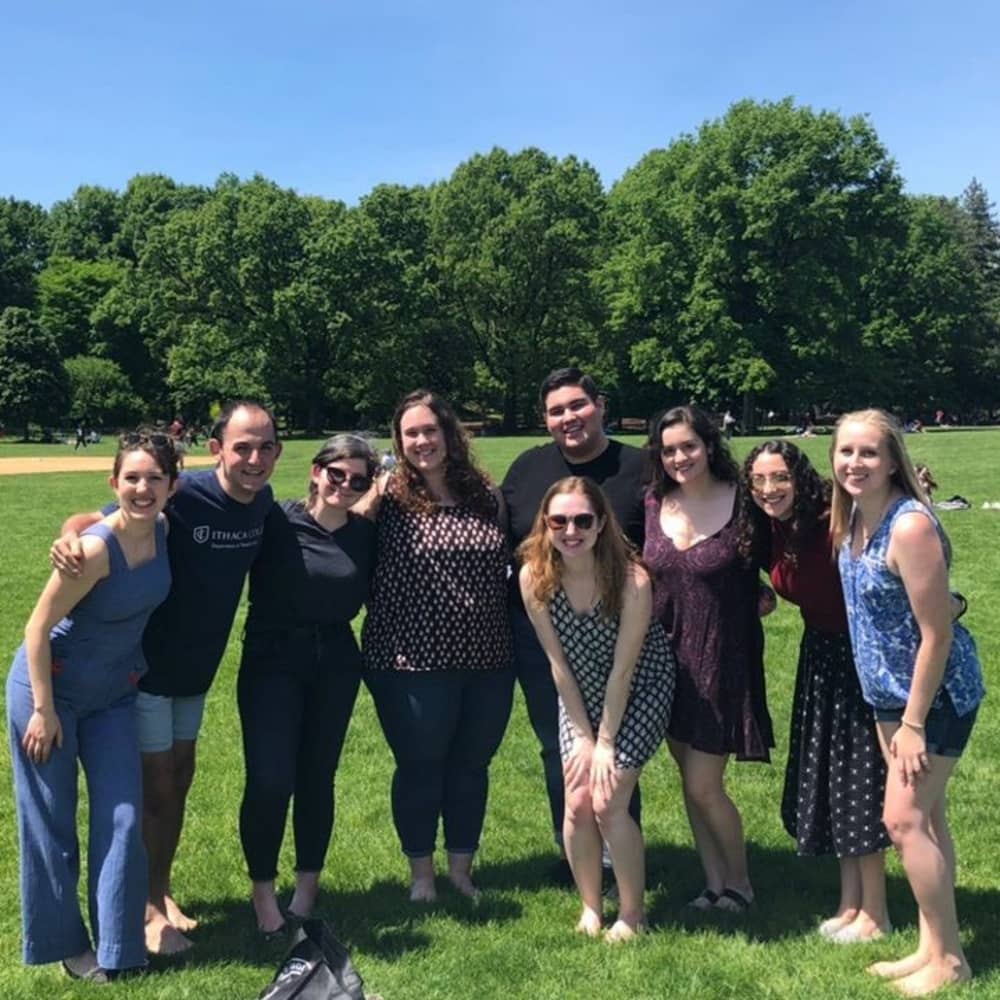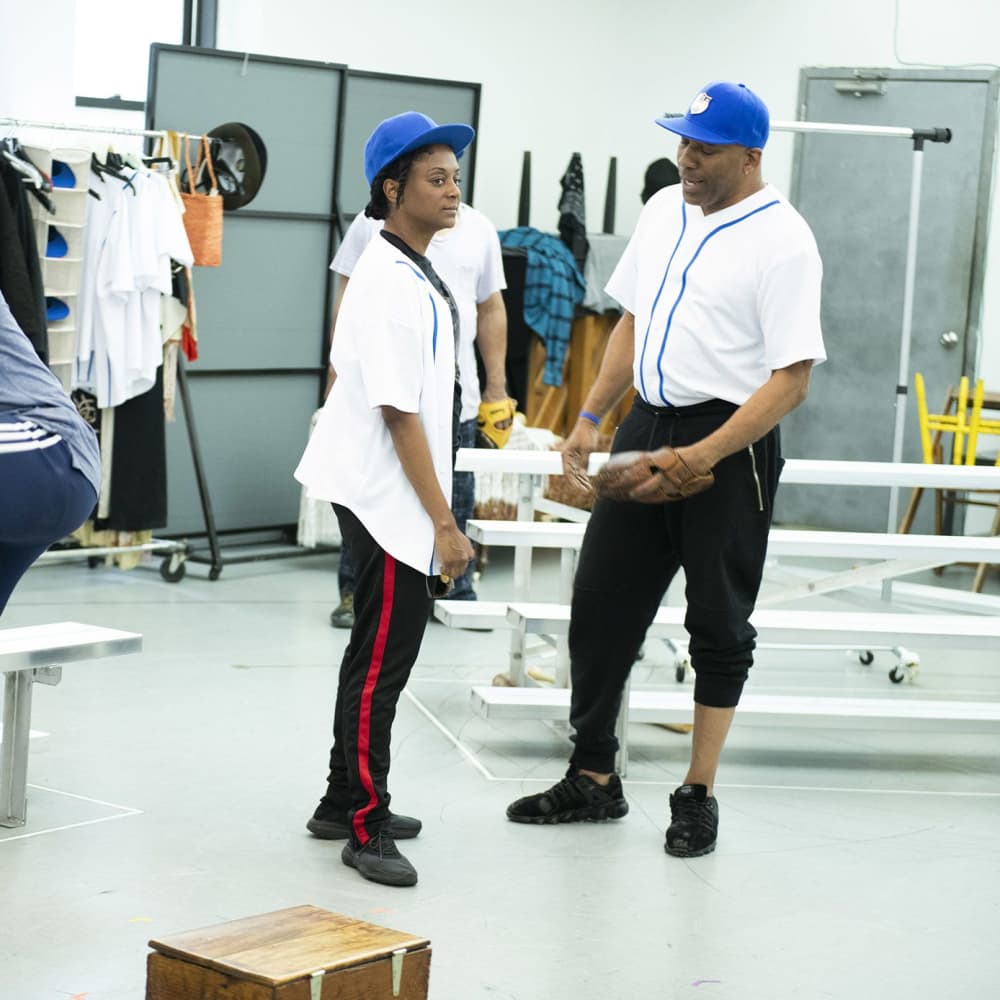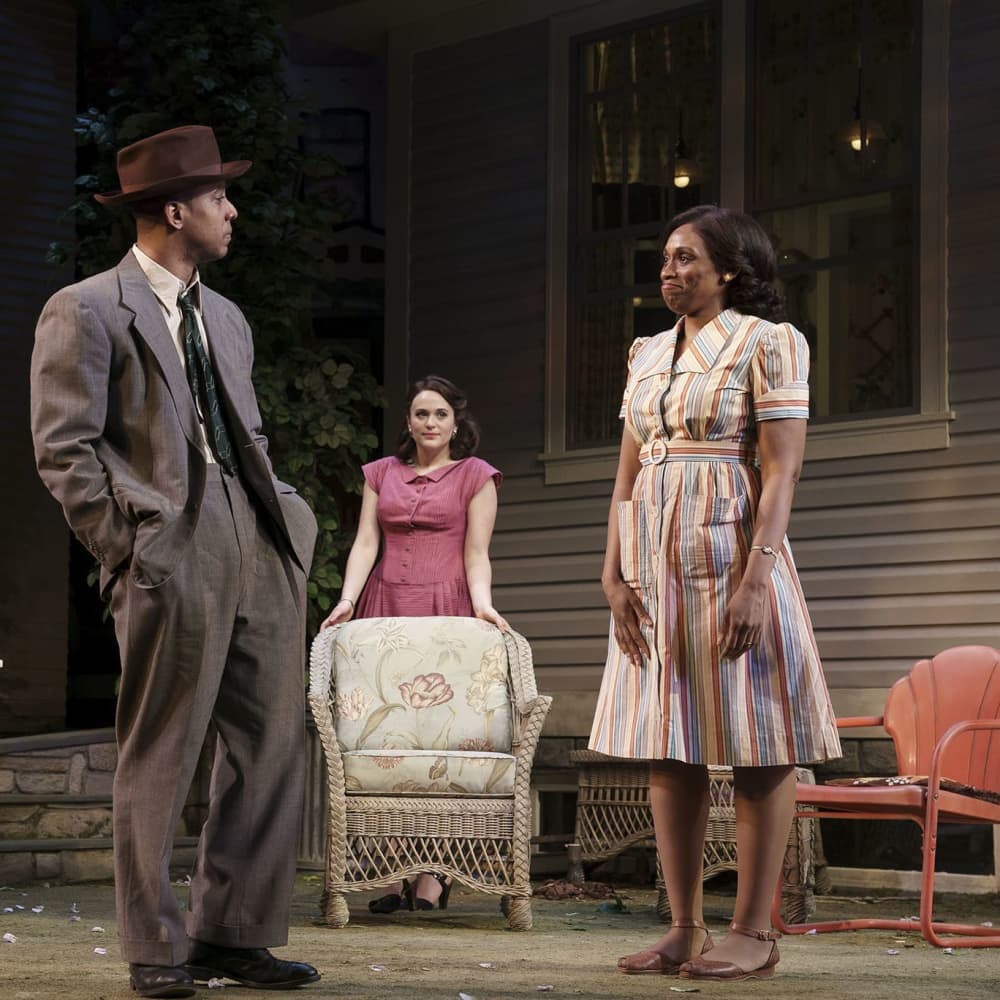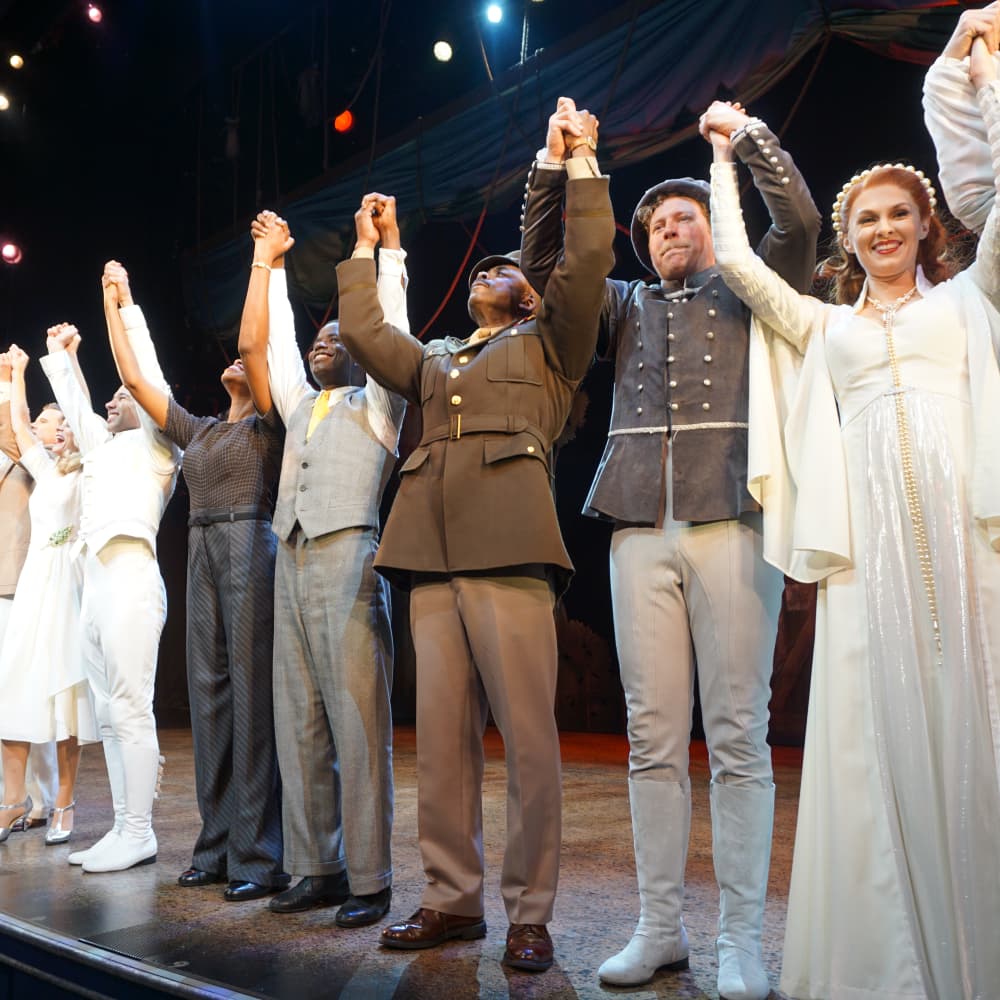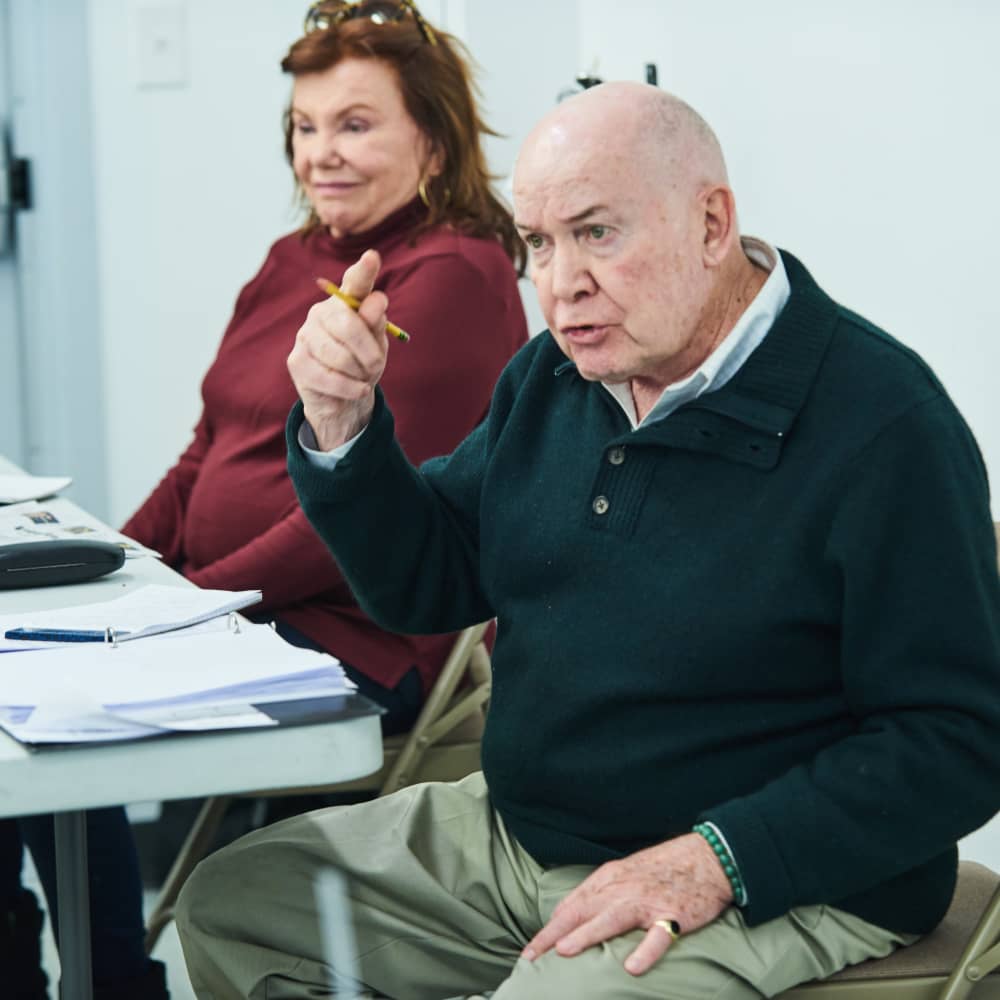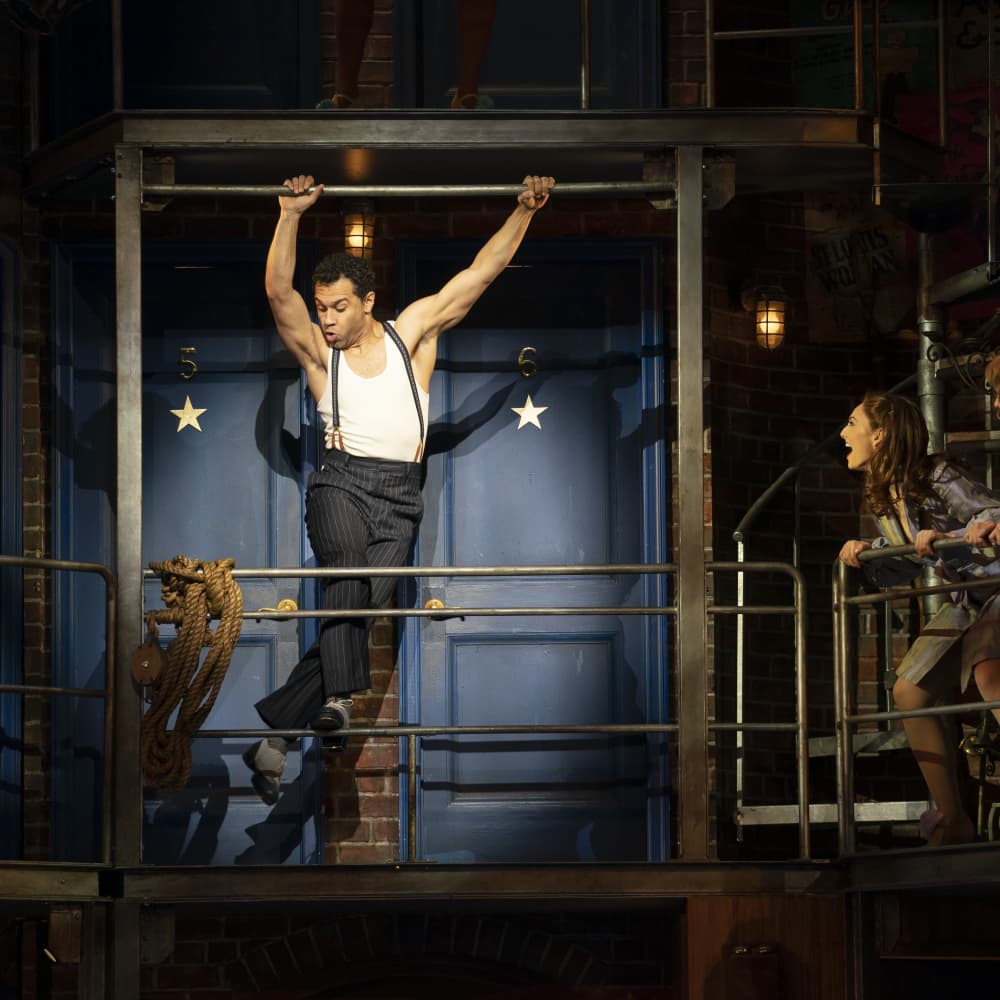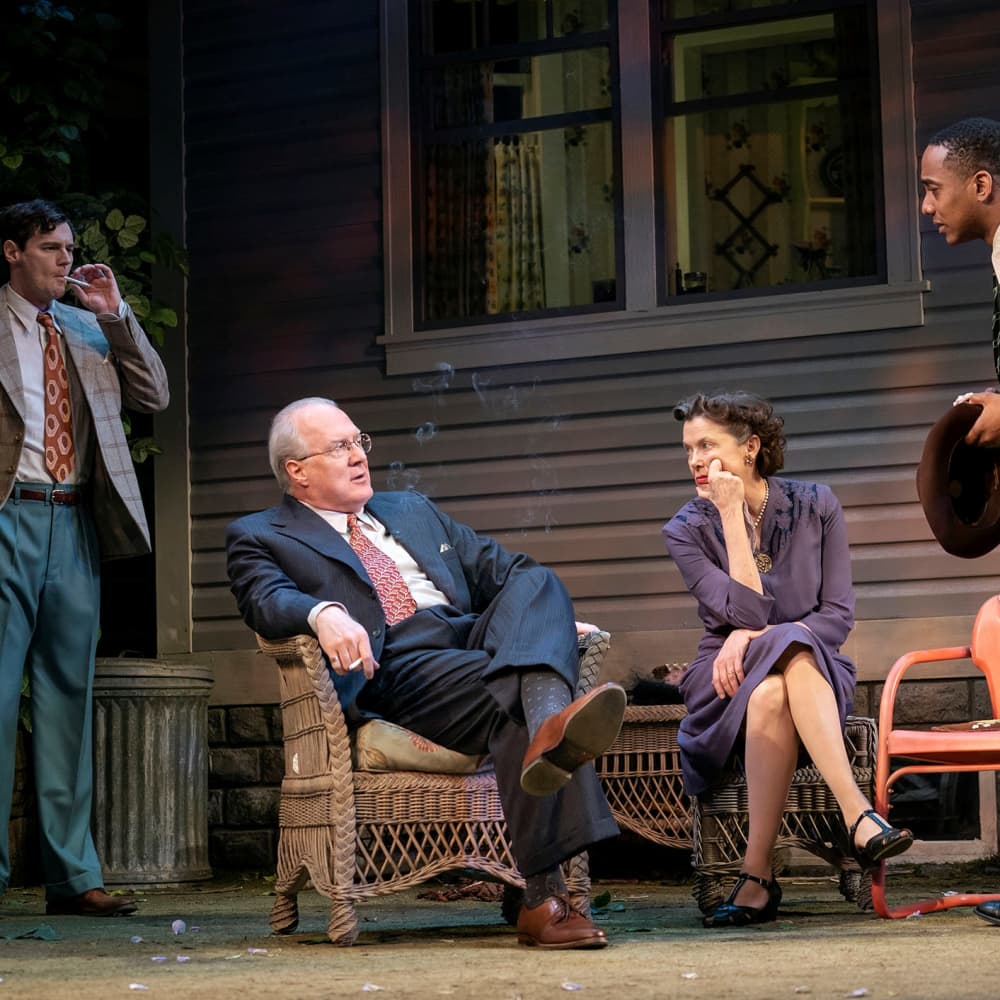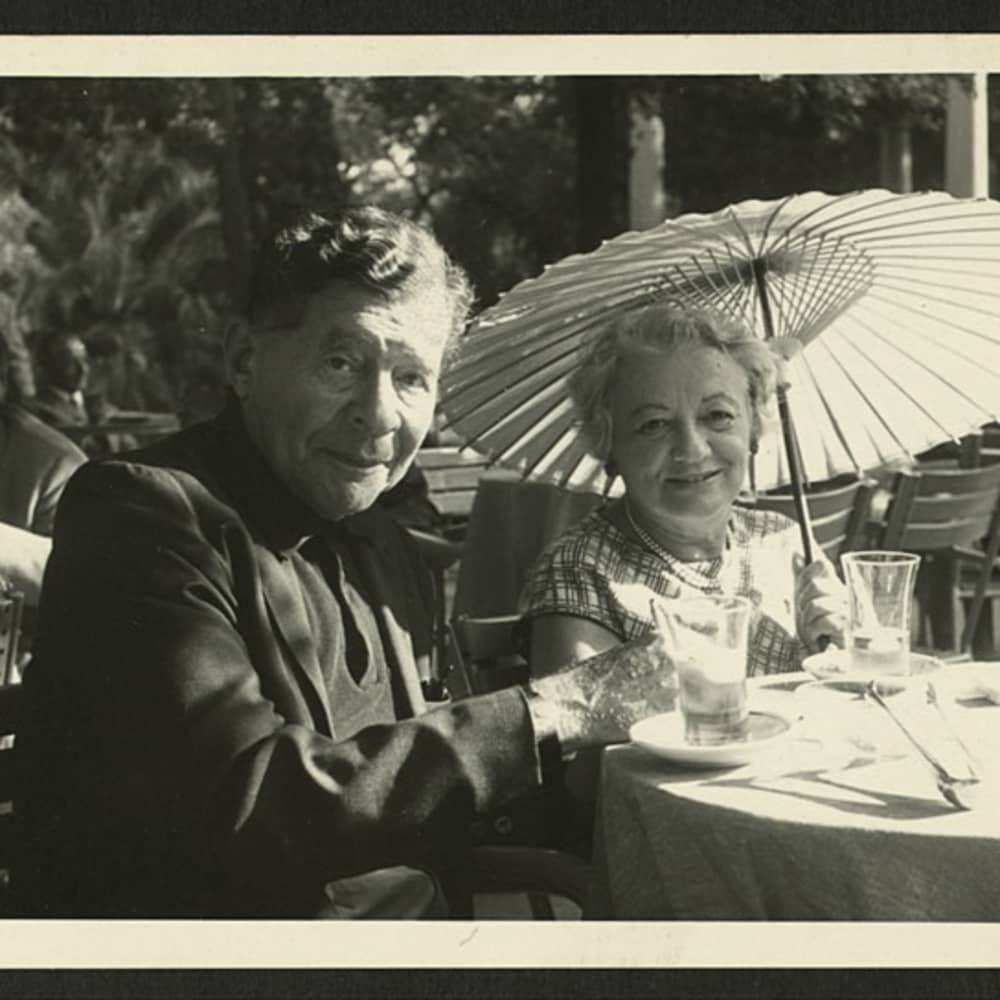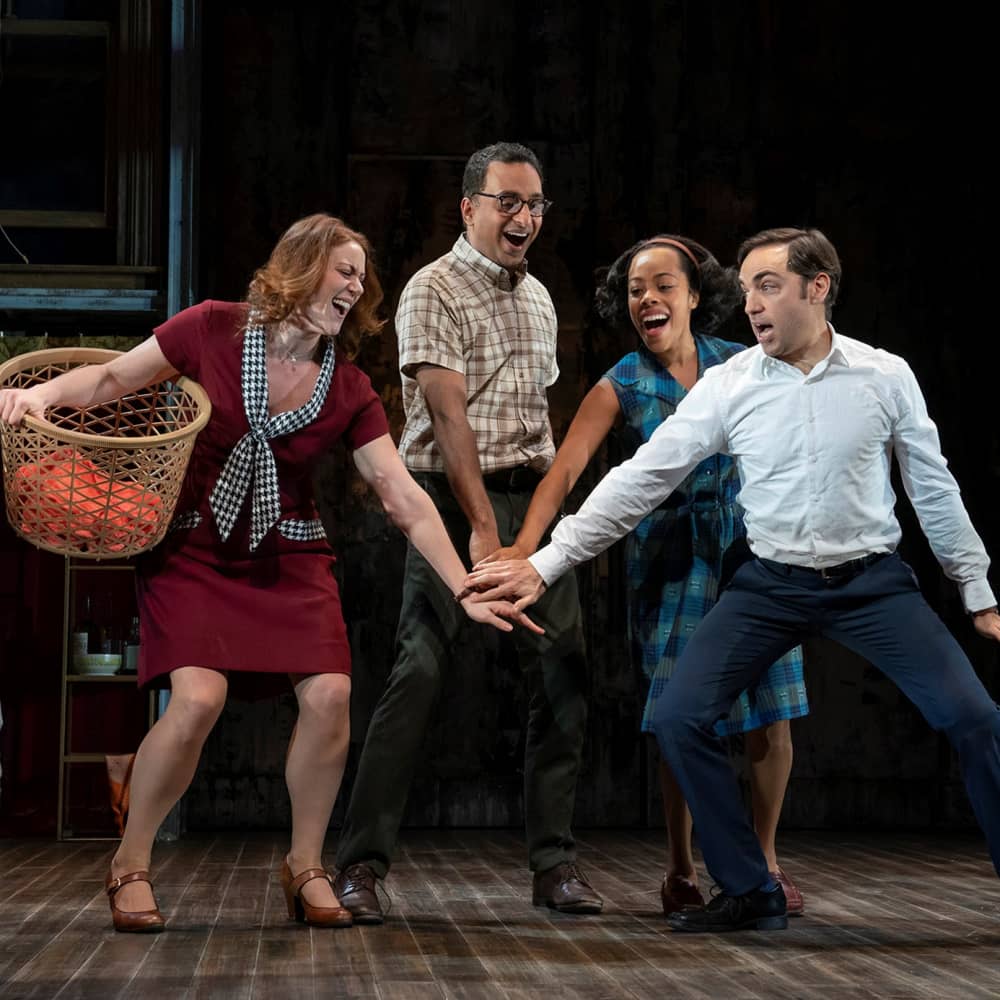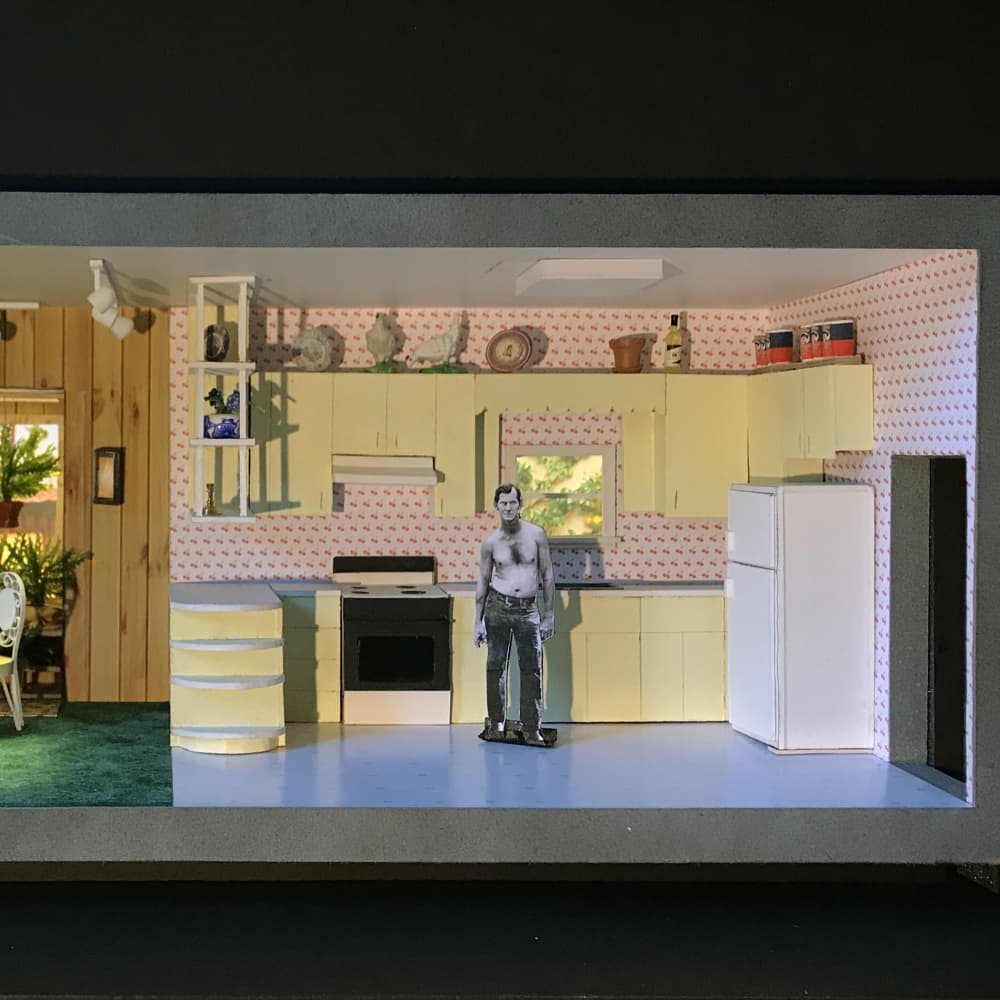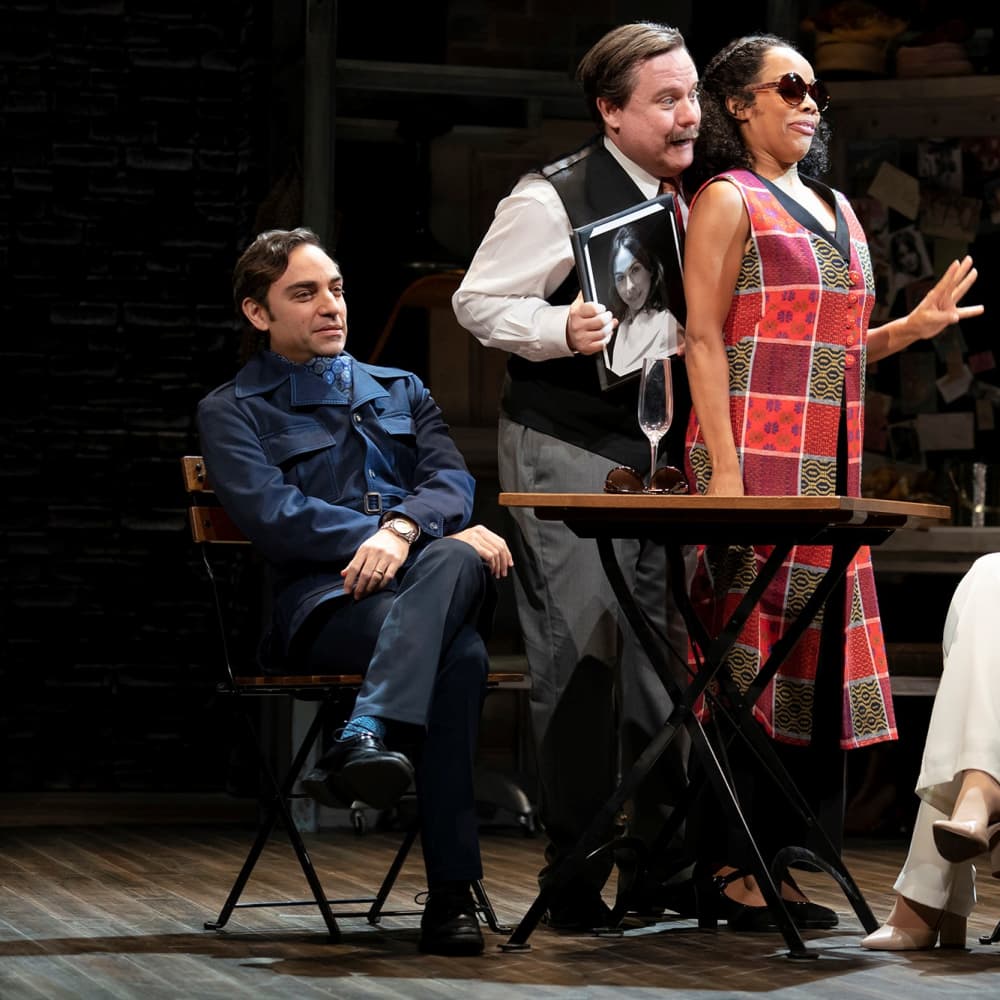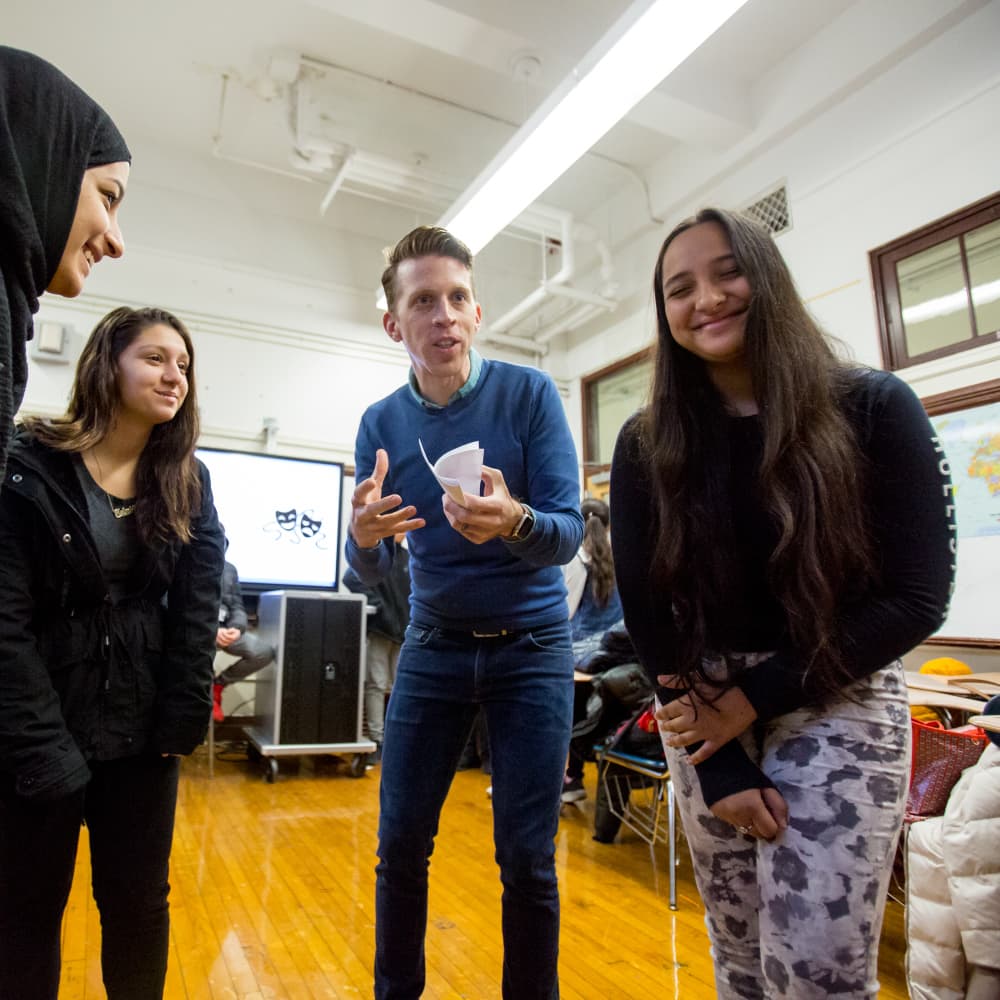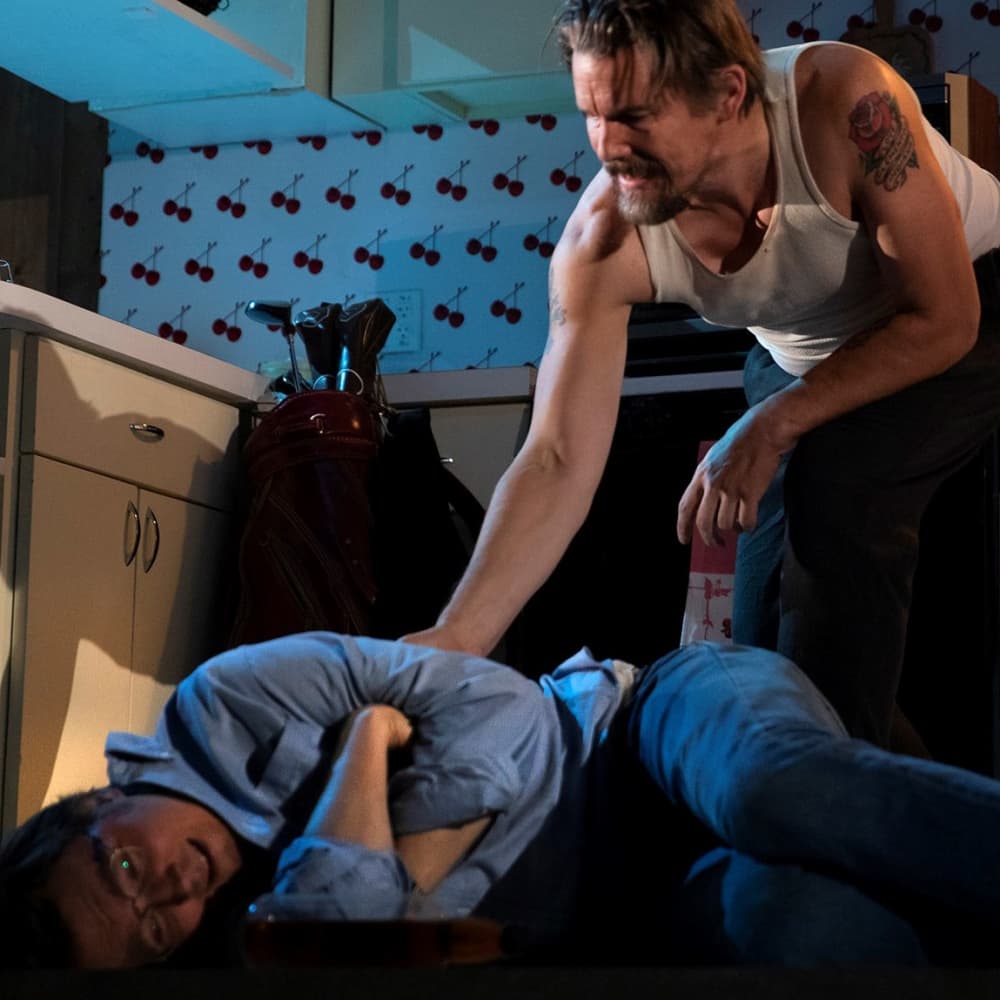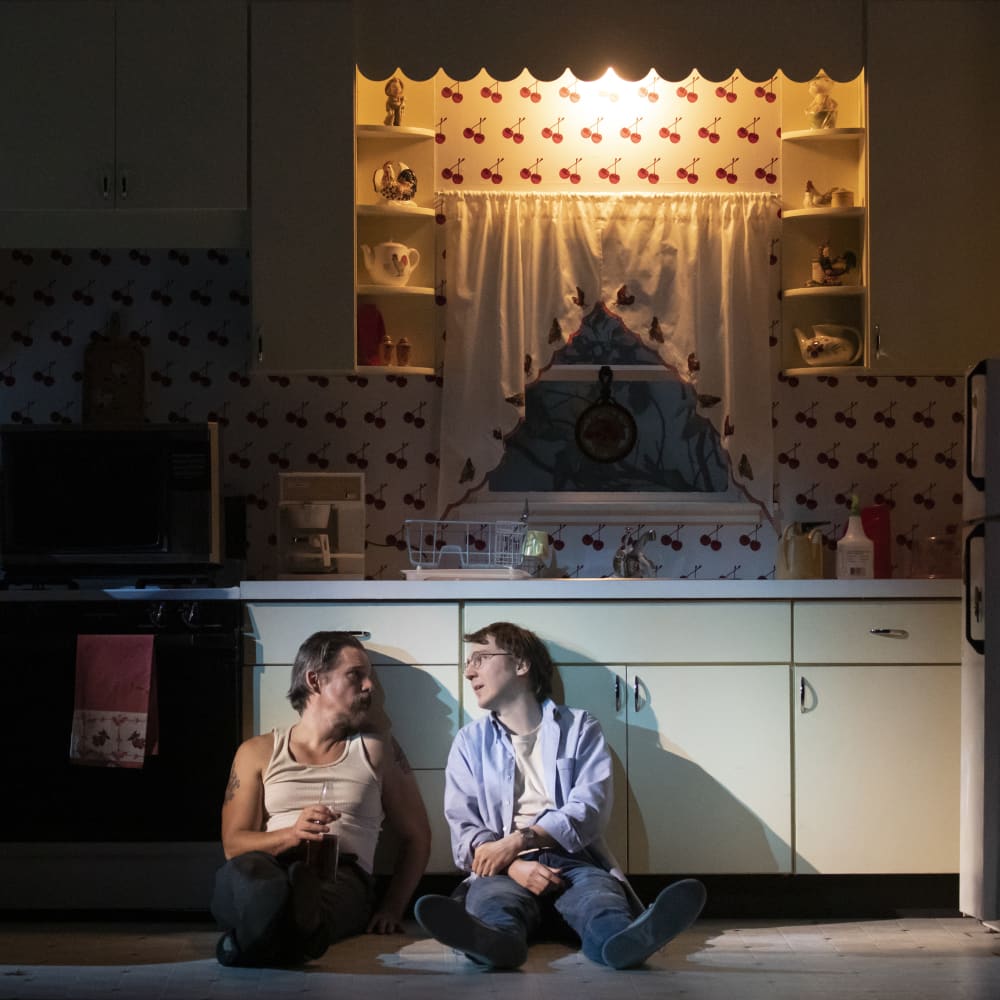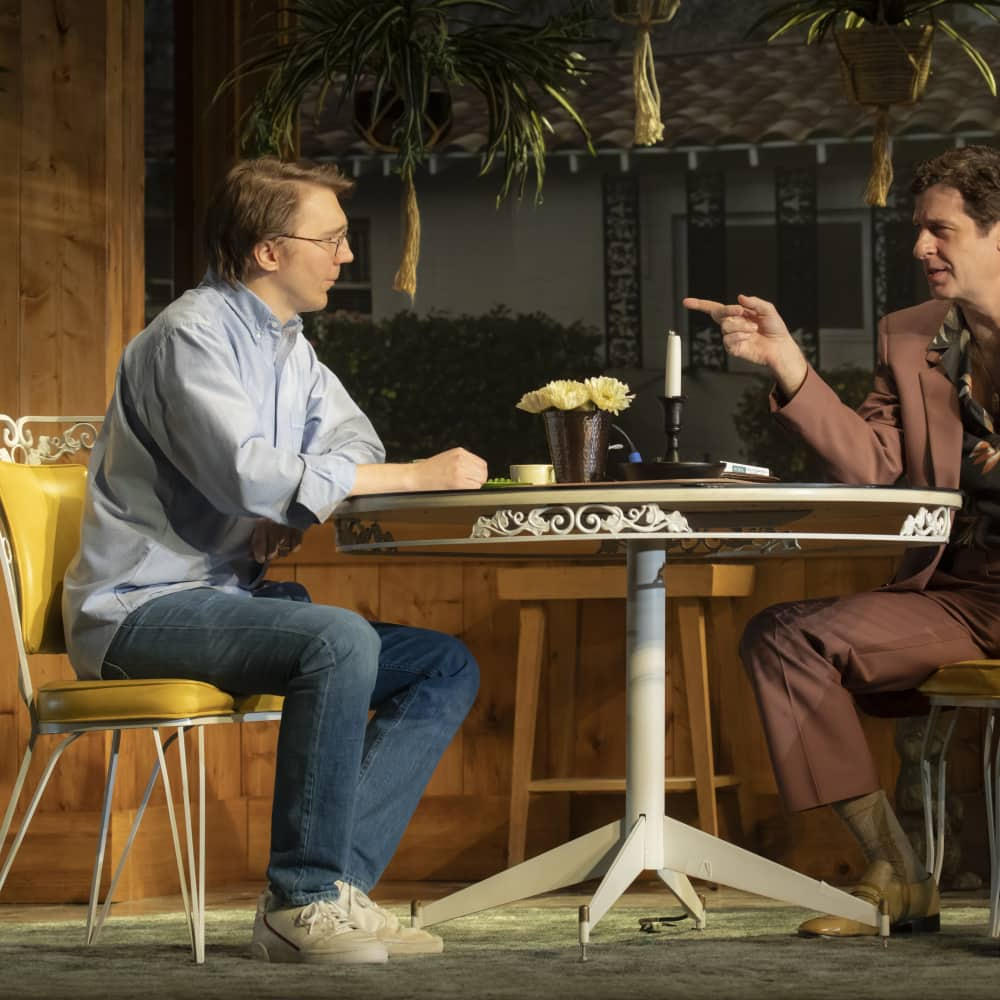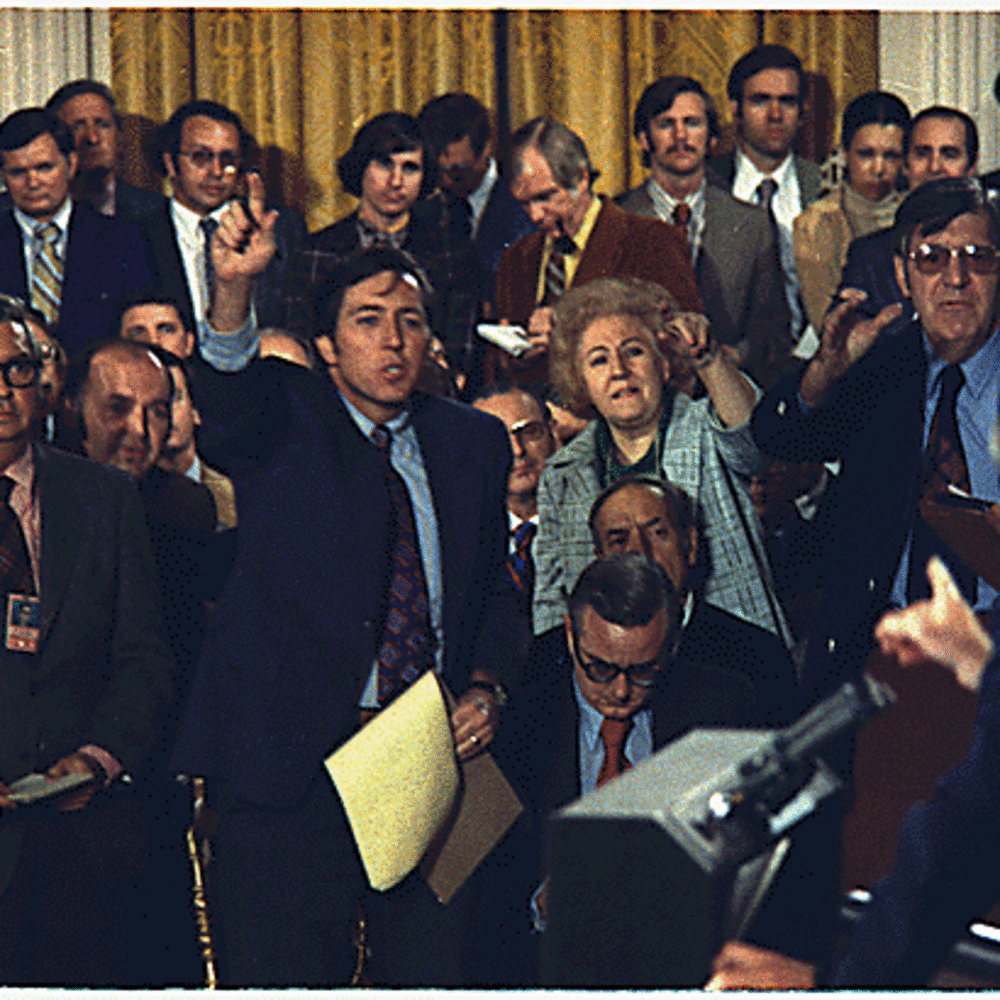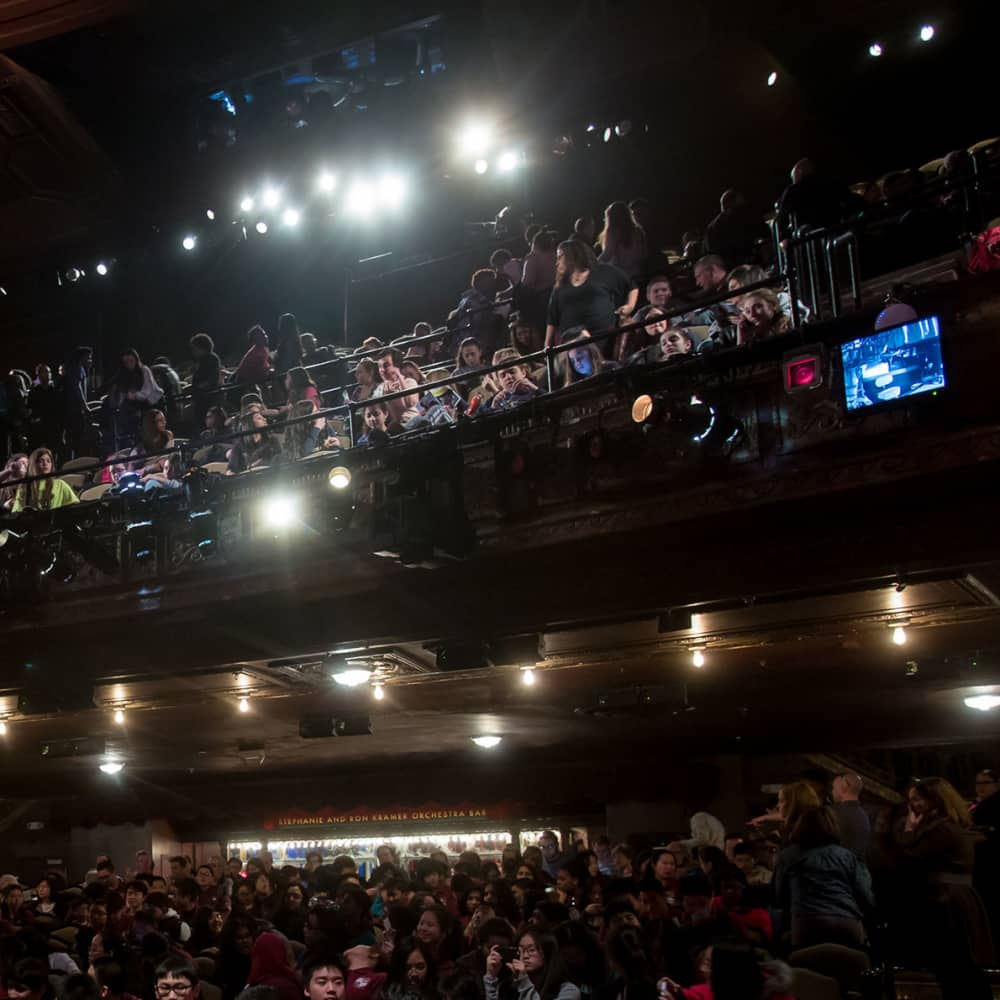Merrily We Roll Along :
Looking Back to Move Forward
Posted on: March 6, 2019
“It could be told in no other way. Played forward, or in the conventional manner, the play would have no point. Played backward, the audience is allowed to see each character create his individual and inevitable tragedy.”
— Moss Hart
The events in Merrily We Roll Along unfold in reverse chronological order, from a moment in the characters’ middle adulthood, when their destinies appear settled, back to their early 20s, when everything was possible and nothing was secure. George S. Kaufman and Moss Hart—authors of the original play—chose to focus audience attention on the how and why of the characters’ journeys, rather than on what happened.
Merrily isn’t the only narrative told in reverse chronology: Alexandre Dumas fils’ La Dame aux Camélias (played famously by Sarah Bernhardt) opens with the death of a courtesan before exploring her life. J.B. Priestley’s Time and the Conways (seen last season at Roundabout) and Harold Pinter’s Betrayal are other examples. By giving audiences hindsight on events across time, these plays allow us to understand how the characters’ choices shape their destinies.
Psychologists use the term hindsight bias to describe our tendency to claim to have known how an event would play out before the it began. One study found that while 58% of people correctly predicted the outcome of a judicial confirmation hearing before it took place, 78% of these people claimed that they had correctly predicted the outcome, after the hearing. In our individual lives, hindsight bias leads us to misremember events, assume the inevitability of outcomes in our lives, and punish ourselves for not realizing how things would play out. This can prevent us from learning from our experience: if we believe the outcome was inevitable, then nothing we do could change it.
Reverse chronology stories also encourage us to engage in narrative reflection on our own lives. We can rarely understand the meaning of events in our lives in the moment; it’s only with the passing of time that we can analyze what happened, why it happened, and how it connects to who we are today. This type of consciously looking backwards has been part of spiritual traditions for centuries—including Buddhists, Stoics, and Ignatians—helping us make choices that lead to more fulfilling and ethical lives.
The end of Merrily We Roll Along finds both the characters and the nation at a moment that, in retrospect, seems innocent and ideal. The feeling of nostalgia (derived from the Greek words for “home pain,” or longing for the past) has a purpose: it’s been proven to lessen loneliness, improve social connection, and give a sense of meaning and value to our experience. In ending Merrily with a warm and wistful scene, the authors leave the audience in a state of heightened consciousness, not cynicism, about their lives. Just as the catharsis of Greek tragedy helped its audience to purge strong emotions, reverse chronology allows modern audiences to consider the past more clearly, reflect on the moments that have shaped our own lives, and move confidently into the future.
Merrily We Roll Along is now playing at the Laura Pels Theatre through April 7th. For tickets, please visit roundabouttheatre.org.


